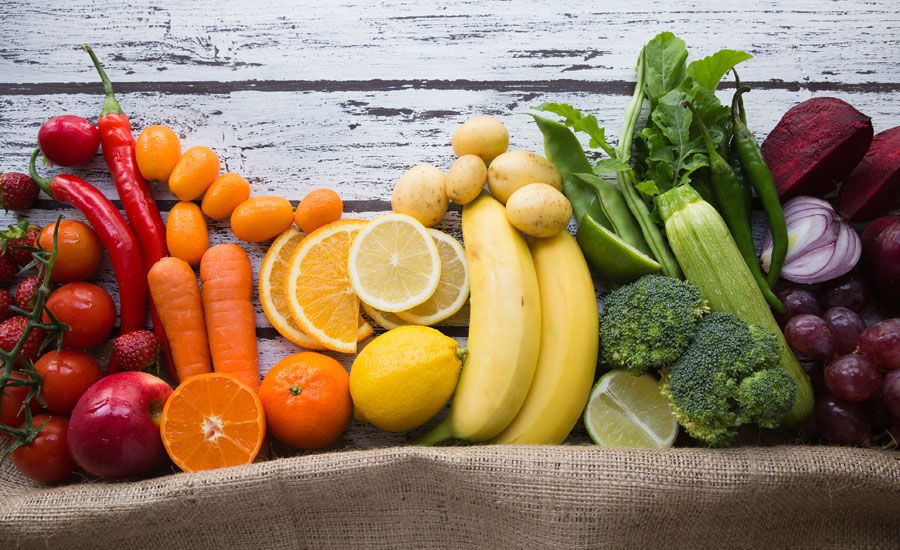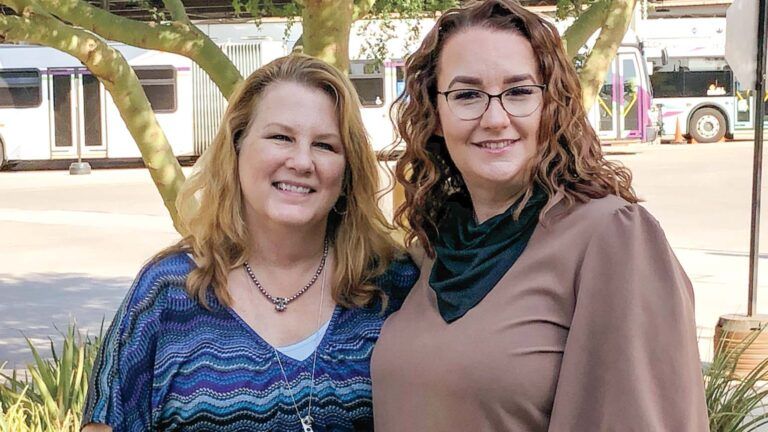The following information is provided for educational purposes by Cancer Treatment Centers of America and is not intended to be a substitute for professional medical or nutritional advice, diagnosis or treatment. Individuals should seek the advice of a qualified health professional with any questions they may have regarding a medical condition
Did you know that up to 80% of adults living with cancer are malnourished, and at diagnosis 1 in 2 cancer patients has some form of nutritional deficit? According to the National Cancer Institute (NCI), “Malnutrition is a common problem in cancer patients that has been recognized as an important component of adverse outcomes…”
As disheartening as those statistics are, it should give you hope and empowerment that your nutrition is something you are able to control. And that is, indeed, good news.
One important distinction I have learned in my more than 20 years serving at the bedside of cancer patients is that malnutrition is not always defined as we have thought in the past. A person can be overweight and malnourished, as the true definition is to be: poorly or improperly nourished.
As I have gleaned insights from healthcare experts who monitor cancer patients’ wellbeing, I’ve learned that it is possible to be overweight or obese and still not be getting the proper nutrients your body needs to continue its fight.
Get hope for Breast Cancer here
“A lot of our patients have protein-calorie malnutrition,” said Dr. Michael DelaTorre, Internist/Intake Physician at Cancer Treatment Centers of America ® at Midwestern Regional Medical Center in Zion, Ill. “A great majority of them do not have the ability to continue with treatments because they’re so weak. If their immune system is compromised, so is their ability to respond to their treatments.”
So, how do we ensure we are eating with proper nutrition in mind, exercising properly and maintaining a healthy weight?
How Do We Know What’s Best?
My friends, the prevailing thought of nutritional experts in their field is diet and exercise may potentially be the best ways to maintain a healthy weight. But what exactly does that look like?
The good news is that it isn’t as difficult as you may think. Of course there is a necessary change of mindset, but there are ways to make minor adjustments for a dramatic difference.
“There are general health guidelines such as avoiding tobacco, avoiding smoking, and exercising 30 minutes a day, five times a week–and that’s just moderate activity,” said Education Specialist Kendra Laufer of CTCA ®’s Southwestern Regional Medical Center in Tulsa, Okla. “That’s not going to the gym. That’s just staying busy for a minimum of 30 minutes a day and trying to increase fruits and vegetables. Simple things like that go a long way.”
You hear the words diet and exercise and you immediately think of hours devoted to the gym and giving up all the foods you love. While you will certainly have to make some sacrifices in order to take control of your health, small steps are important steps.
If you are looking for optimal nutrition, however, more and more studies continue to point to the benefits of a plant-based diet.
“A lot of the epidemiological and observational data we have shows that people who follow more of a plant-based diet, sometimes find it easier to maintain a healthier body weight,” said Carolyn Lammersfeld, Vice President of Integrative Medicine at Cancer Treatment Centers of America.
“There’s new literature coming out which shows that a plant-based diet may help maintain a healthy gut microbiome so that we have more healthy bacteria in our gut and less unhealthy bacteria, which may play a role in obesity. A plant-based diet is one way to maintain a healthy balance of good bacteria.”
Carolyn is a voice in nutrition and finds that potentially one of the greatest nutrition guides we have access to is the Bible.
Back to the Book
From a spiritual standpoint, we have early direction from God on what a healthy diet should look like directly from the Bible.
Lammersfeld states “Certainly, we could argue that the Bible is one of the first nutrition textbooks, or the Book of Leviticus. We’re trying to move to more of a whole-foods, natural, plant-based diet with patients as much as possible.”
The Book of Leviticus discusses dietary practices and eating habits. Though the New Testament states that we are free to eat as we choose, throughout the Bible it defines the benefits of vegetables and water to a strong body.
Some helpful tips on what to choose:
- Oatmeal is a good source of fiber magnesium, phytochemicals and provides some protein while being low in fat and sugar
- Raspberries contain ellagic acid, a compound that may help fight cancer
- Pumpkin seeds provide protein, potassium, iron, magnesium, zinc and copper
- Sweet potatoes provide high levels of beta carotene (vitamin A) and Vitamin C and are a good source of Vitamin B6 and potassium. Vitamin A is important for immune function and maintaining healthy cells
- Whole wheat is a good source of fiber, which may help satisfy your appetite longer
- Whole grains contain more health-promoting phytochemicals than refined grains
- Chickpeas, or Garbanzo beans, are a good source of protein. A cup of chickpeas provides more than 70 percent of daily folate, which is important for cellular health.
- Tofu is naturally cholesterol free and is a good source of protein and iron – making it a good alternative to meat
- Salmon contains omega-3 fatty acids, vitamin D, and many B vitamins, including Vitamin B12. Vitamin B12, which is often a common deficiency in people over 50 years of age, keeps nerves and red blood cells healthy.
- Omega-3s may help with weight and muscle loss in people with cancer
Find more helpful tips in our Cancer Fighting Recipes Cookbook
When You Just Don’t Feel Like It
For some, cancer treatments can be grueling. You feel nauseous and the furthest thing from your mind is eating. But the importance of keeping your body strong cannot be overstressed. Again, according to the NCI Report, “Good nutrition practices can help cancer patients maintain weight and the body’s nutrition stores, offering relief from nutrition impact symptoms and improving quality of life.”
The medical community tells you to eat better and exercise more. Making a complete change to the way you lead your life, however, can be a huge challenge. Mentally, it may be even more difficult than it is physically.
When going through cancer treatments, your entire life is altered and nothing feels comfortable. You want to do anything to feel contented, including ingesting unhealthy comfort foods.
And that is where the real challenge comes in. Not only do you have to block out your own voice, which tells you to do what makes you feel comfortable now, but you also have to block out well-intentioned friends and family who also might lead you down the incorrect path.
Find a loved one who will walk with you through this journey and keep you on this path to health.
Having control over a vital part of your cancer battle is empowering. Although a shift in mindset will be necessary, small changes can produce life-altering results and make you an active participant in your fight.
For more information, please read about AICR’s Foods that Fight Cancer™.
OTHER RESOURCES:
10 Recommendations for Cancer Prevention
Cancer Preventability estimates by diet, activities, and weight management






